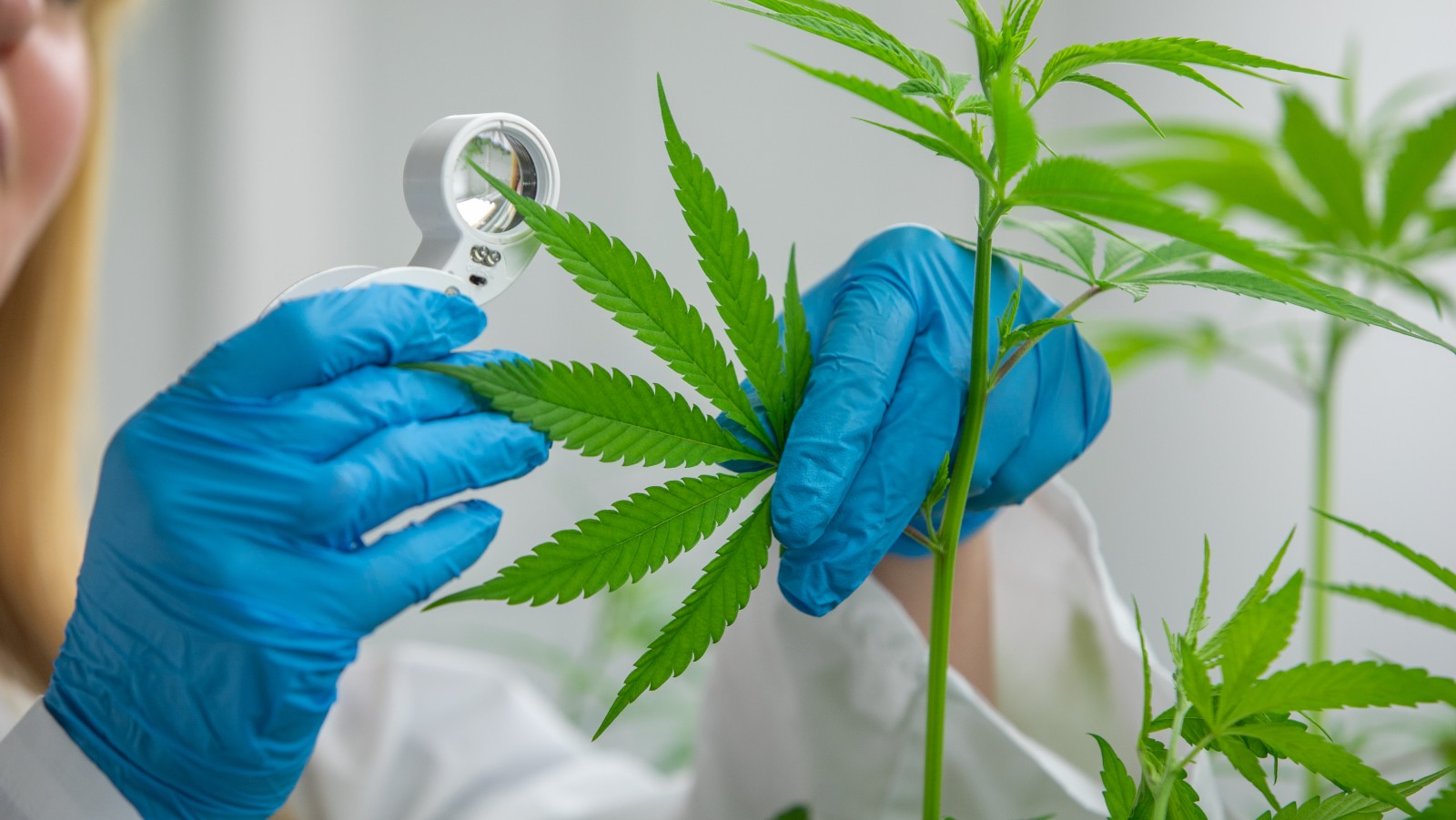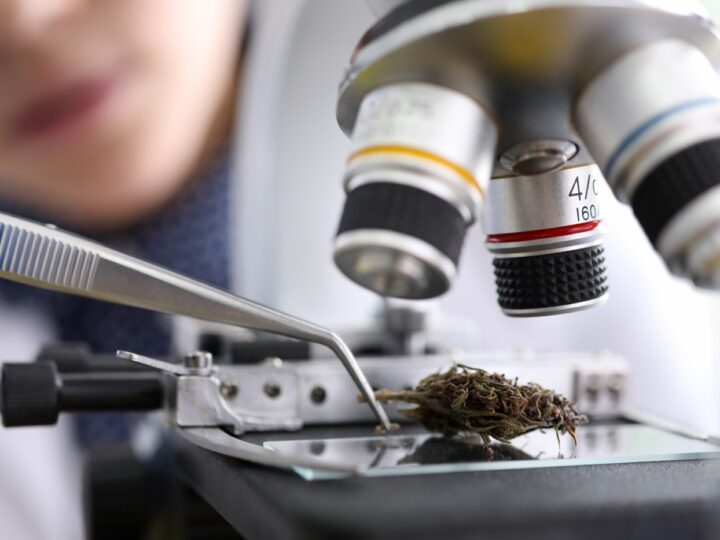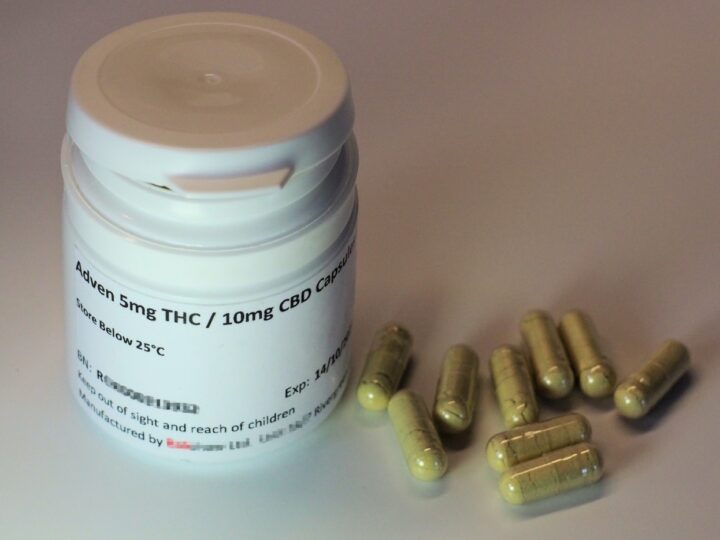Is medical cannabis safe and effective as a treatment for children?
This week, researchers from the Hebrew University of Jerusalem shared results of a first-ever meta-analysis of pediatric patients treated with medical cannabis.
They presented their findings at the 31st Annual International Cannabinoid Research Society Symposium held at HU’s Multidisciplinary Center for Cannabinoid Research.
Lead researcher Prof. Ilan Matok of HU’s School of Pharmacy explained, “Since medical cannabis isn’t widely recognized as an accepted or regulated drug, there simply haven’t been enough studies to know whether it’s appropriate for children.”
The team, headed by PhD candidate Nir Treves, analyzed seven clinical studies involving approximately 500 patients under 18.
They discovered both positive and negative effects of medical cannabis on kids’ mental and physical health.
For example, the team found that medical cannabis treatment reduced the severity of nausea and vomiting in children undergoing chemotherapy.
They also discovered that cannabis component CBD (cannabidiol) is effective at decreasing the number of severe seizures in children, especially those with hard-to-treat epilepsy. However, CBD also greatly suppresses their appetites.
In addition, they found that several medical cannabis compounds can cause fatigue, apathy, dizziness and lethargy in children.
“Children aren’t small adults,” said Matok. “Medical cannabis affects kids differently, and doctors need to pay close attention to those differences.”
Matok’s next research project is to see whether medical cannabis influences childhood depression, cardiovascular incidents and involvement in pedestrian accidents.
“The goal of our meta-analysis is to shed light on this area and provide doctors and parents with a more informed view of the potential of cannabis to help or harm their young patients,” Matok concluded.
















